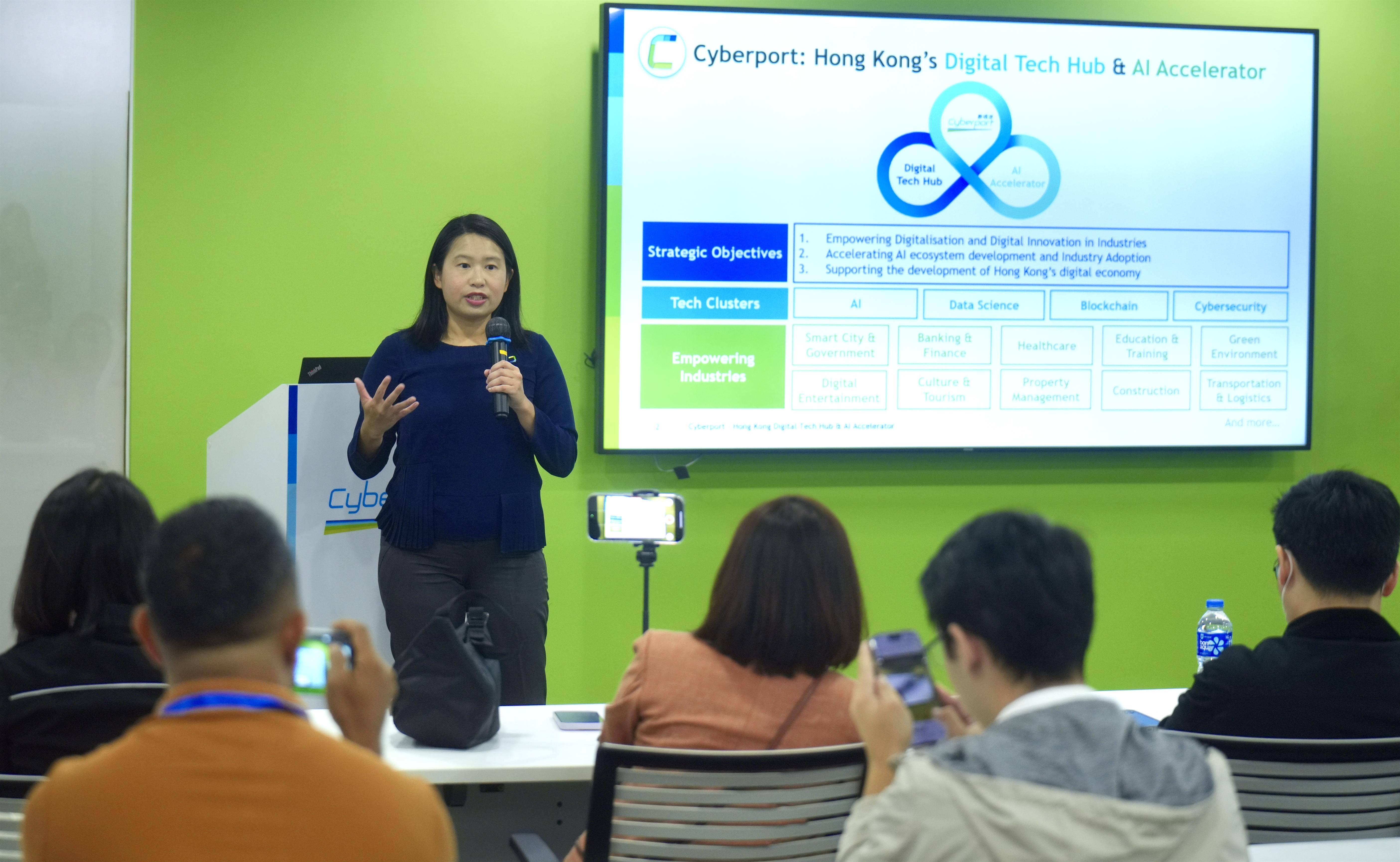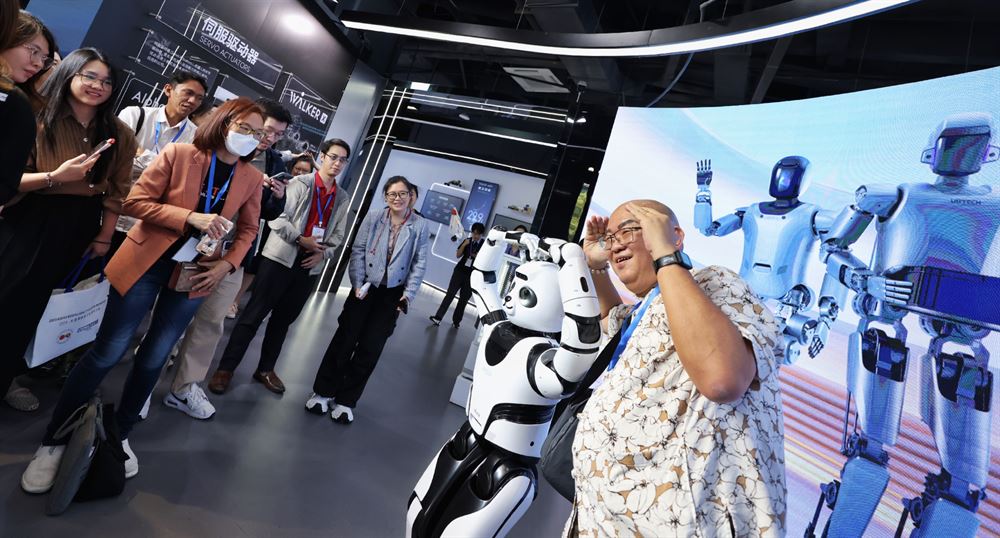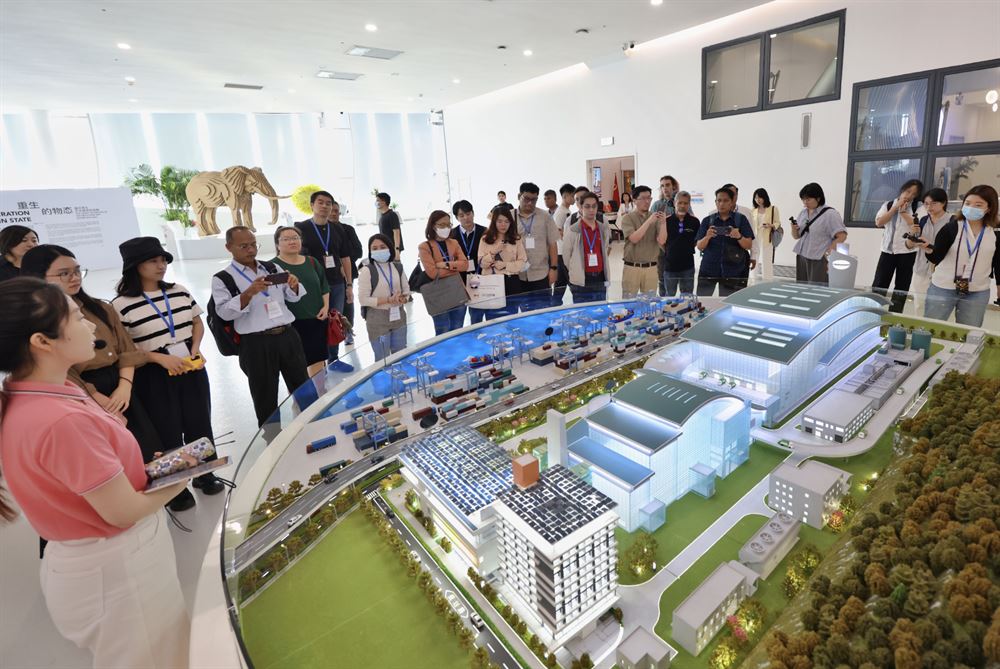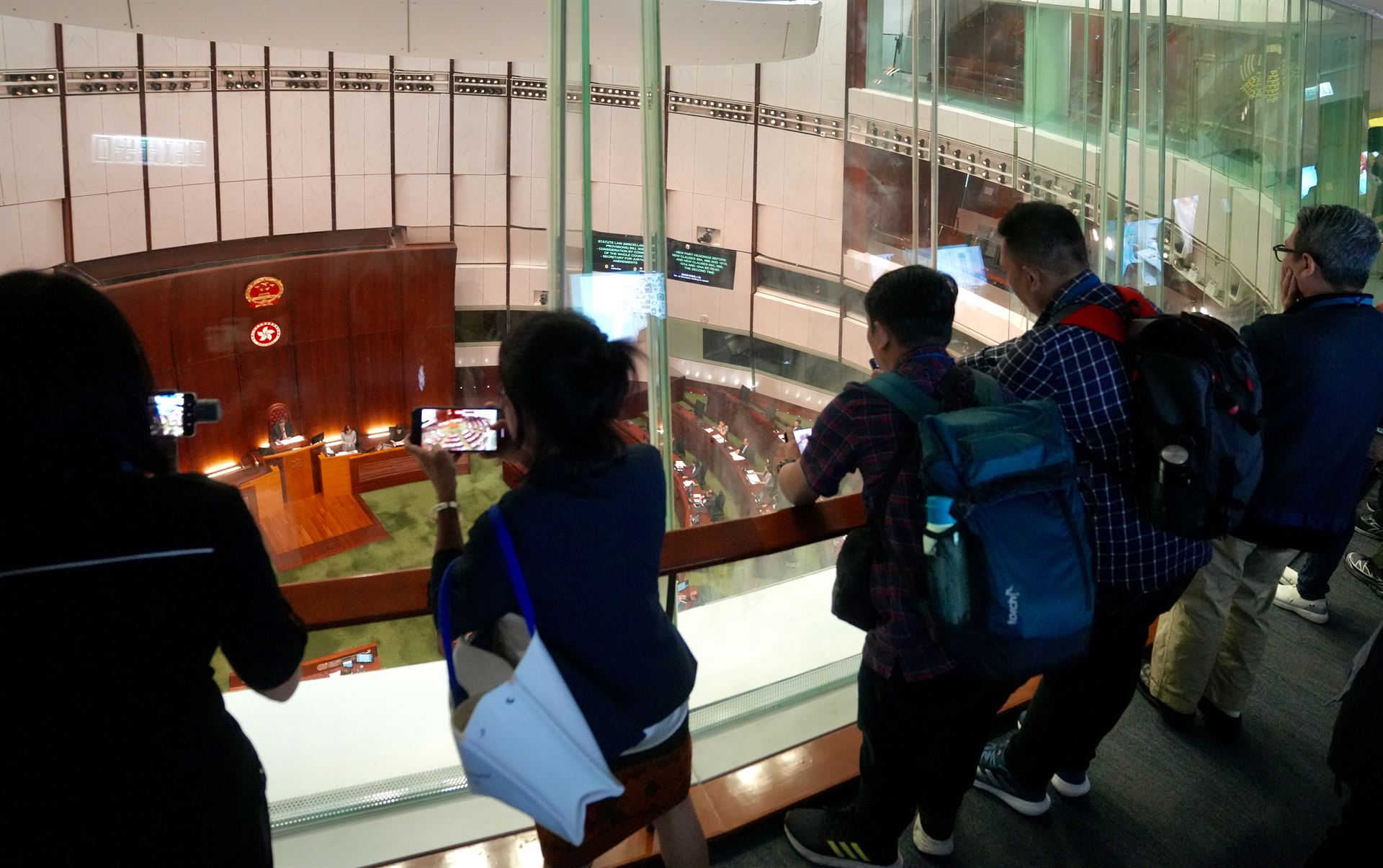
The artificial-intelligence revolution is transforming industries worldwide, presenting both unprecedented opportunities and formidable challenges for media transformation.
To address these critical issues, the ASEAN Media Capacity Building Workshop was successfully held in Hong Kong from July 14 through Saturday, gathering over 20 senior media professionals from within the Association of Southeast Asian Nations to explore effective strategies for navigating the AI era and its profound implications for media development.

Participants examined AI’s dual impact on media during the workshop. While AI significantly enhances reporting efficiency, an overreliance on AI may lead to serious factual errors in journalism, tutors from China Daily highlighted at the workshop courses. Reporters need to leverage the strengths of AI, such as its ability to detect spelling and grammatical errors, rather than allowing it to take control of everything during reporting, the tutors said.
ALSO READ: AI tops the agenda in ASEAN media workshop
Doan Minh Anh, a reporter at VietnamPlus of the Vietnam News Agency, said at the workshop that journalists must always maintain confidence in themselves, as they are the true storytellers. Journalists should make good use of AI, rather than let AI control reporters, she added.

Another key insight is that understanding audience preferences is also crucial for media transformation. Zhong Zhen, managing director from Xiaohongshu’s Greater Bay Area E-commerce Operating Center, stressed the importance of knowing more about the needs of users and creating content with a human touch.
“Content needs to resonate emotionally with users. This is the secret to Xiaohongshu’s popularity,” Zhong said.
READ MORE: ASEAN media workshop concludes successfully
During the workshop, media friends from various ASEAN countries had discussions about the future of traditional media, especially in the context of key opinion leaders. Justin Clarence Lao Tembresa, CEO of Lannang Studios, a media company in the Philippines, emphasized the need for traditional media to enhance the quality of its content to remain relevant in today’s digital age. The key is combining traditional media’s strengths with new technologies while maintaining content warmth, he added.

Participants in the workshop also engaged in an in-depth discussion about photography equipment, mobile shooting, and script design under the guidance of their instructors. Tutors from China Daily provided a detailed demonstration of various shooting devices, including pocket cameras, drones, and action cameras, while explaining composition and framing techniques.
READ MORE: ASEAN media learn about advanced auto tech, robotics, green energy
The journalists from ASEAN countries showed great curiosity about mobile photography accessories, continuing their enthusiastic discussions about the equipment even after the session ended.

Media friends visited multiple sites in Hong Kong, including Cyberport, and the Legislative Council of the Hong Kong Special Administrative Region. These visits provided the media professionals with comprehensive insights into Hong Kong’s technological advancements, legislative framework, and media landscape.
Participants also visited notable sites in Shenzhen, including the Shenzhen Nanshan Energy Ecological Park, which showcases China’s commitment to green economic development.
READ MORE: Honing ASEAN voices
Soo Wern Jun, a senior journalist from the Malay Mail newspaper of Kuala Lumpur, said the park is a model of energy conservation and environmental responsibility. She said she hopes to bring back the lessons learned at the conference back to Malaysia.
The event is jointly organized by the Chinese Mission to ASEAN and China Daily.
Contact the writer at mikegu@chinadailyhk.com


